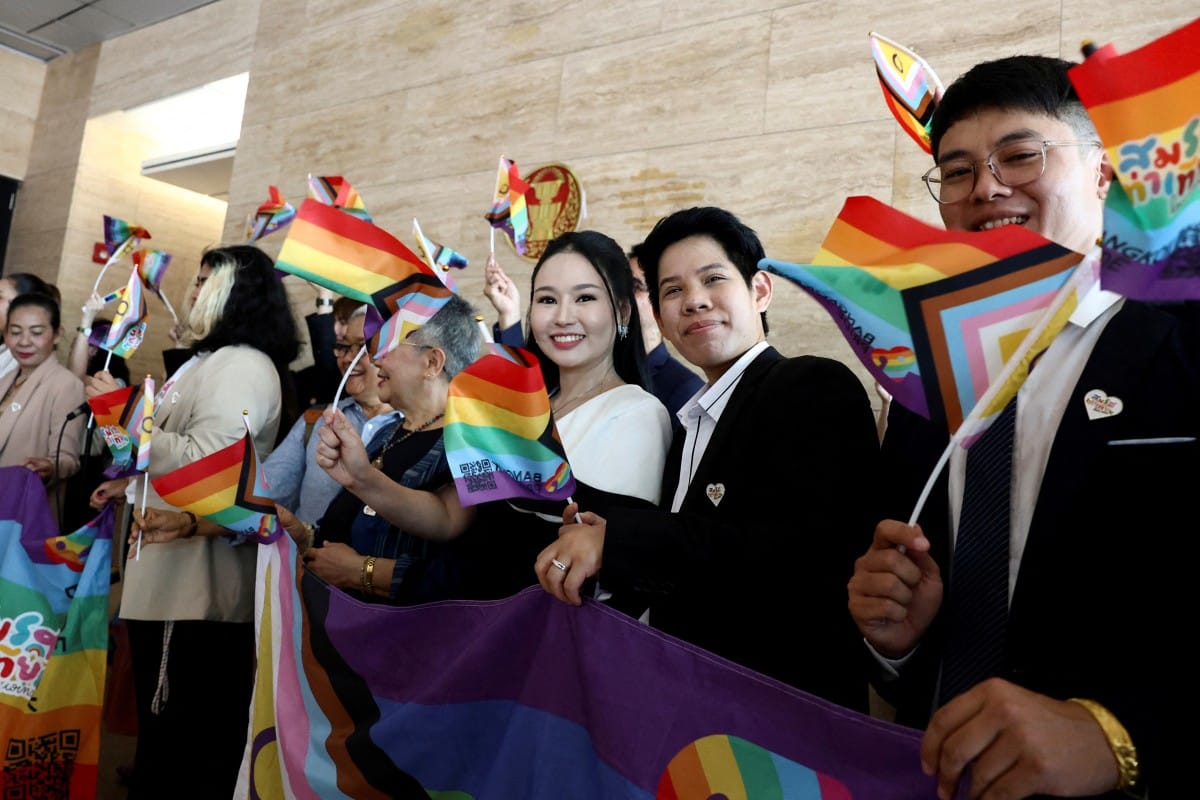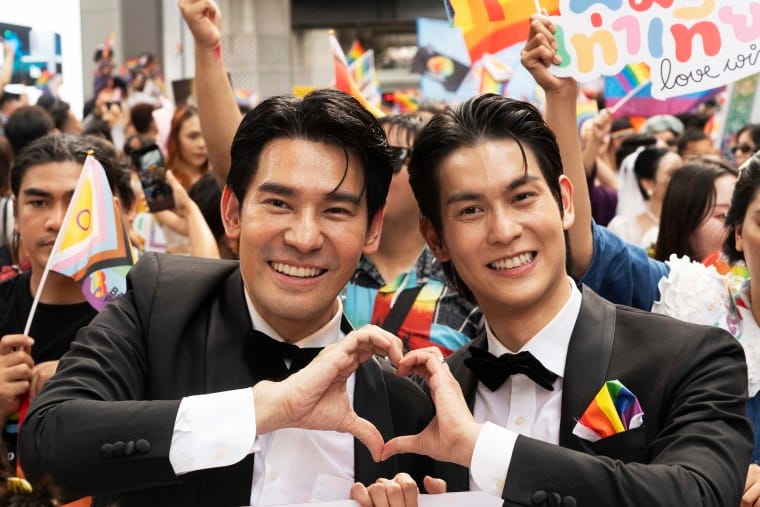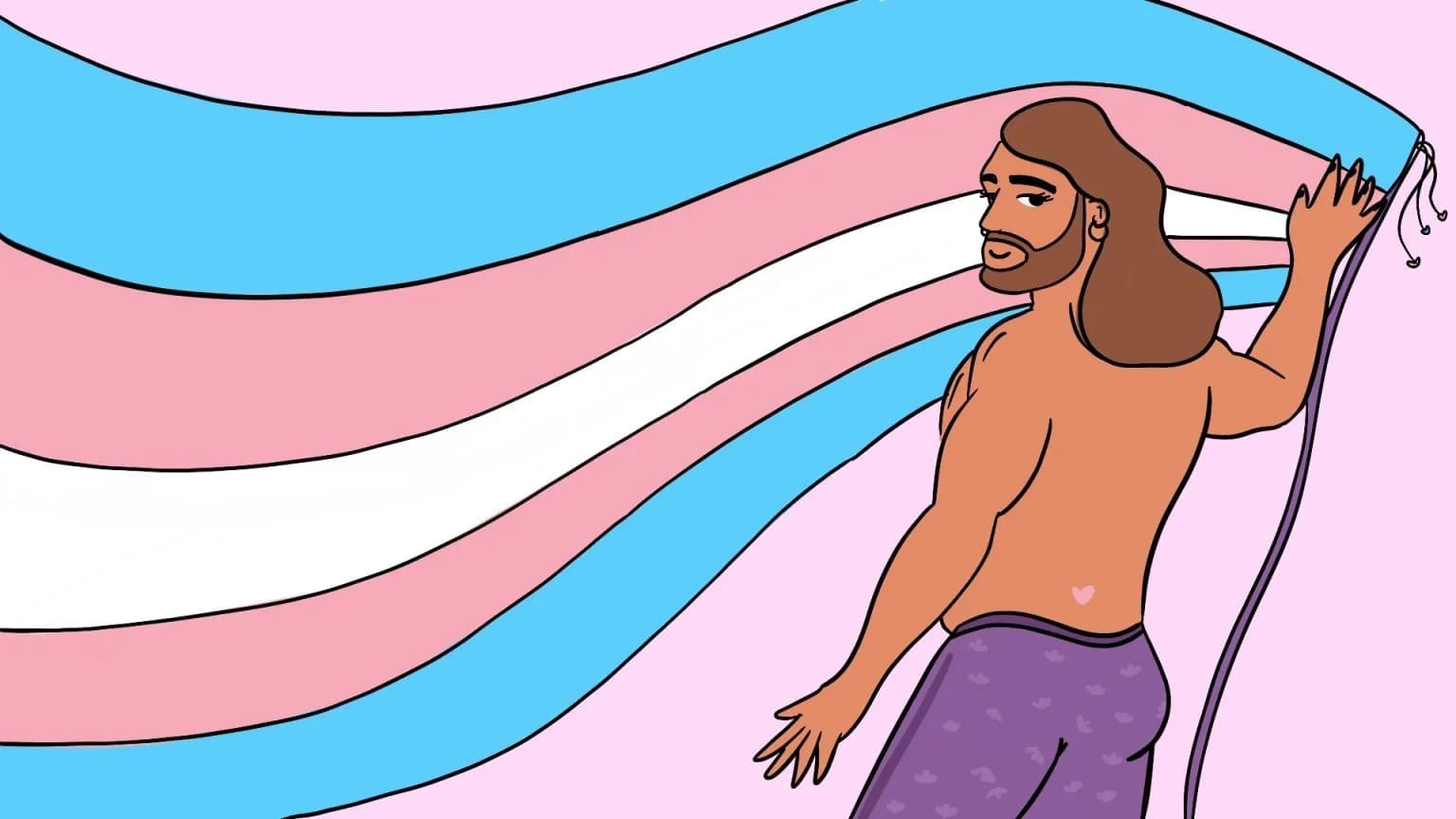In a historic move towards equal rights for the queer community, Thailand became the first South-East Asian nation to give recognition to marriage equality when its king on 24 September gave the royal assent and formally signed the marriage equality legislation into the law. This legal recognition has opened the doors for LGBTQ+ couples in the country to marry as the law gives such rights to partners of any gender aged 18 and above.
This will make same sex couples eligible for comprehensive rights including inheritance, equal access to various tax savings, adoption rights, providing for a length of legal equality. Thailand has become the third Asian country to legalise non-conventional marriages and joined Taiwan (2019) and Nepal (2023) in its embrace of marriage equality. The law has made changes in Thailand’s Civil and Commercial code, with words such as “husband” and “wife” now altered to gender-neutral terms “spouse,” and “man” and “woman” to “individual.”
The law has made changes in Thailand’s Civil and Commercial code, with words such as “husband” and “wife” now altered to gender-neutral terms “spouse,” and “man” and “woman” to “individual.”
Legal entitlements such as welfare schemes, common ownership of property, government pensions and personal income tax deductions to various partners – regardless of gender – are now recognised by the state. However, the law provides for exemptions for religious minorities to maintain their religious practices while allowing them not to perform marriage rites for same-sex couples.
In a step said to be ‘monumental‘ by various Thai equal rights activists, Thailand’s Senate in June this year had passed the Marriage Equality Bill, making it the first country in the region to recognise same-sex marriage. In the overwhelming vote of support, the upper house approved the bill with 130 votes in favour and four against out of present 152 members. Thai Parliament’s lower house has given its consent to the law earlier this year in March. Afterwards, the bill was waiting the approval of King Maha Vajiralongkorn to become the law. It will come into effect in January 2025 as it was published in the Royal Gazette on 24 September.
In 2020, the Thai Constitutional Court had declared the previous marriage law as constitutional which only recognised the traditional marriages and did not allow for couples with the same gender to marry. However, the Thai court had suggested the government to legislate to include and provide for the rights of the sexual minorities in the country. In December last year, Thai parliament accepted four different drafts on the issue and set up a committee to consolidate them into a single bill.
Activists claimed this moment as being unprecedented and historic – as it bore fruit after decades of struggle and campaigning for marriage equality. Thailand has long been regarded for being inclusive of the LGBTQ community in a region where such acceptance is unseen. Public opinion in media surveys has displayed overwhelming support for marriage equality. However, a large part of the population in the Buddhist-majority kingdom still believes in the conservative notions around the family and LGBTQ+ community is still exposed to systematic barriers and faces stigma in their daily experiences.
Thailand’s historic law: long way towards inclusion
The polls in May 2023 were pivotal for the queer movement and the fight for the marriage equality in Thailand. The leading two parties in the election results – Move Forward and Pheu Thai – had made promises to enact marriage equality into law upon winning the elections. The issue was largely received as accepted among voters– 82.5% people in a local survey approved of the government efforts in the direction of marriage equality.
However, the country’s path towards recognising queer aspiration and a big move towards emancipation has not been all hunky dory as the community has seen through the worst. This epic moment was a breakthrough after decades of advocacy by the Thai LGBTQ community. Sirisak Chaited, a prominent gay rights activist, recalls the disruption that tried to stop the pride parade in February 2009 in their hometown Chiang Mei.
Sirisak Chaited, a prominent gay rights activist, recalls the disruption that tried to stop the pride parade in February 2009 in their hometown Chiang Mei.
A crowd of 300 conservatives threw bags of blood and rotten fish at the march. Since then, 15 years have passed and over 85% of the public has adopted positive attitudes towards queer relationships – shown by various media surveys. Over 90% of younger people keep accepting approach towards the community.
‘The attitude has changed because Thai society has modernized and the government also supports this issue,’ Sirisak said. ‘There are some people that reject it, but that’s normal in any society.’ The movement for recognising equal marriage rights gained momentum in 2020 during the mass public demonstrations. That year, Thai youth sparked a fire of dissent against the traditional status quo that culminated into the largest wave of anti-government protests in favour of democracy.
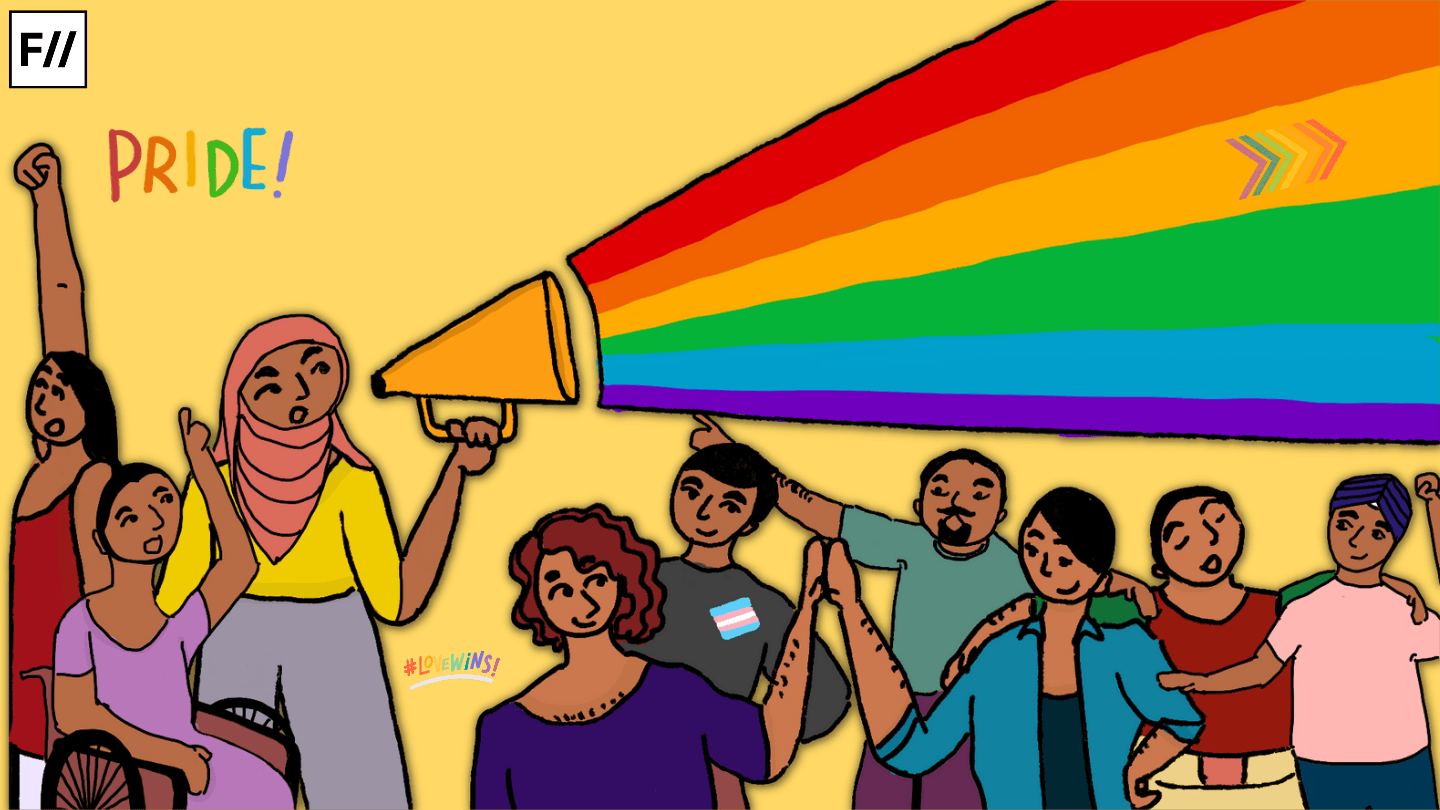
The youth was disillusioned with the Junta rule which had taken over from a democratic government after a military coup in 2014.
The monumental achievement of Thai LGBTQ community has brought hopes for queer communities of the neighbouring countries of Indonesia and Malaysia, for which this day of reckoning is still a faraway dream and which is the victim of social stigma and legal persecution as both countries still criminalises the homosexuality. ‘I feel a little envious of their progress,‘ said Yuchan, a 35-year-old entrepreneur from Indonesia, ‘because it’s impossible here.’
A ray of hope in the fight of the LGBTQ community for marriage equality in Asia
Thailand’s move in the progressive direction has become a beacon of hope for LGBTQ rights for the rest of Asia, where queer experience faces stigma, non-recognition and even persecution in a number of countries. Many countries’ laws have punishments inscribed against homosexuality in their laws. The United Nations has repeatedly asked to repeal such laws condemning the criminalisation of homosexuality as a human rights violation.
The Thai government’s progressive stance on LGBTQ rights also differs striking from the other Asian countries as the most ruling dispensations in the region have largely taken a position which defends the traditional social norms and opposes recognition to queer relationships. Singapore decriminalised homosexuality in 2022 when it abolished a colonial era law that considered homosexual relations as criminal offense, but later in a regressive move the city-state altered its constitution to enforce the conventional definition of marriage as only between “man” and “woman.’
The portrayal of homosexual relationships on television was banned in China in 2016 which was later extended to “effeminate men” in 2021.
The measure was, in fact, brought in to prevent the courts in Singapore from expanding the definition of marriage. The portrayal of homosexual relationships on television was banned in China in 2016 which was later extended to “effeminate men” in 2021. Opposition from the religious conservatives and rigid social kinship prove to be a major obstacle in inclusion of LGBTQ relationships in most Asian countries as is the case in Philippines, whose large part follows Catholic Christianity. LGBTQ stars are celebrated in Pilipino society, but any legal progress on prohibiting the discrimination against one’s sexual orientation, gender identity has been blocked by the conservative lawmakers.
Taiwan in 2019 became the first country in Asia adopting marriage equality as its parliament legalised same-sex marriage. Nepali Supreme Court ruled in June 2023 in favour of same sex couples and Nepal registered its first same-sex union in November 2023. However, just one month back in October 2023, in a disappointing blow to the hopes of the queer community in India, country’s top court had declined to give legal recognition leaving the matter up for the consideration of the parliament, directing the government to set up a panel to decide on more legal rights for same-sex couples.
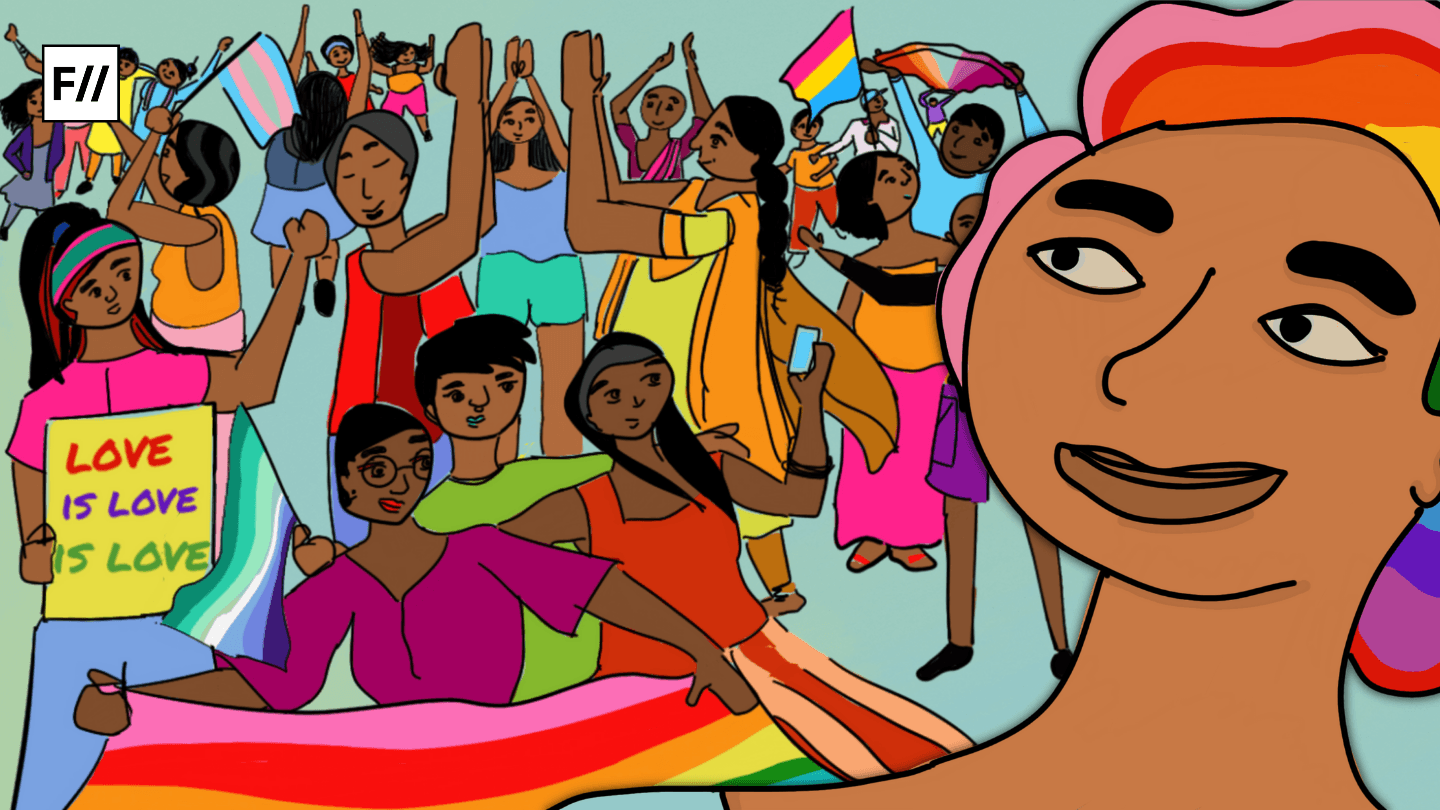
Japan has seen a significant progress and a change in opinions in favour of LGBTQ rights in past few years, but the legal recognition of marriage is still distant for the proponents of marriage equality. Japan’s conservative ruling party has said that it does not intend to legalise same-sex unions as Prime Minister Fumio Kishida told to parliament in February 2023 that ‘society would change for the worse‘ if such marriages were allowed.
‘I think what Thailand has done is fantastic,’ said Maki Muraki, a Japanese LGBTQ rights activist to Nikkei Asia. ‘It’s given us hope and should put pressure on Japan’s government to follow suit.‘
